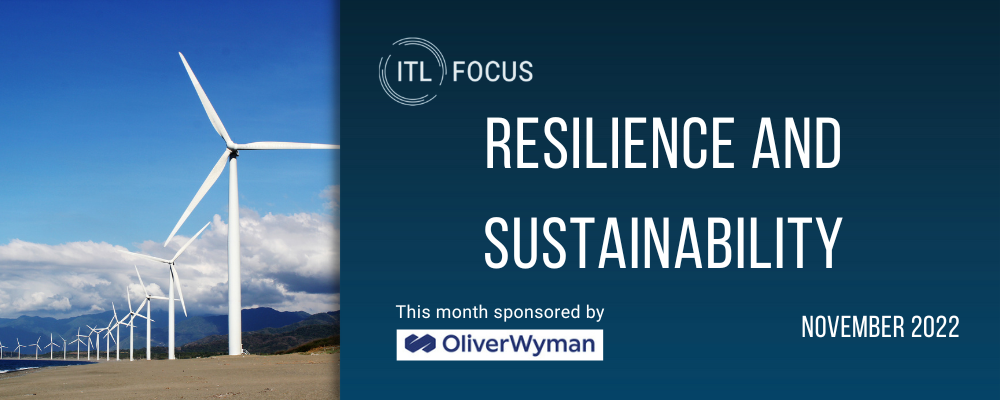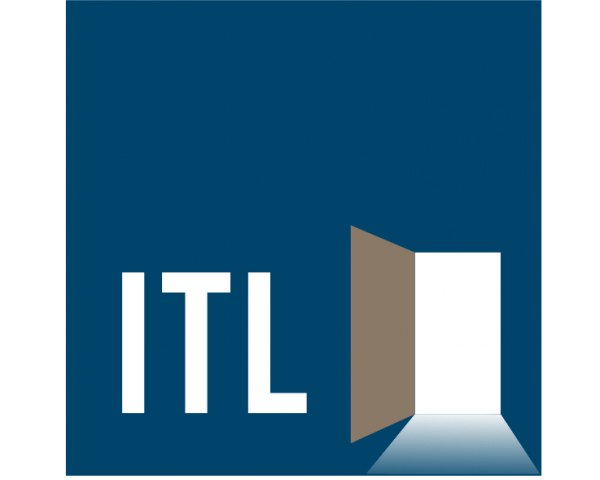As I talked with speakers following the recent Global Insurance Forum about resilience and sustainability, I got the sense that the industry is leaning into climate change much more than in the past. That's partly because events such as Hurricane Ian dramatize the risks but also because insurers are seeing ways to help clients and, more broadly, society, while also seeing business opportunities.
For instance, as you'll see in this month's interview, Alex Wittenberg, a partner with Oliver Wyman, said that forward-thinking insurers will offer modifications to policies "to encourage people to build back green after a catastrophe like Ian. Companies are already making some accommodations in property policies, so someone who suffers a loss doesn’t have to rebuild to the original conditions with the same materials of the same quality but has the flexibility to make the property more resilient."
Others have talked about how the industry can use its sophisticated models to send signals that go further into the future than happens now. At the moment, insurers basically send a one-year signal about risk, through the pricing of a policy renewed annually. Those signals are certainly useful -- and huge increases in some premiums are shaping decisions now about whether and how to rebuild in Florida following the devastation from Ian -- but whatever is built now needs to have the next 20, 30 or 50 years in mind.
Ken Mungan, chairman of Milliman, had what I think is a very clever idea for how insurers (and pension funds) can use their investment portfolios to help finance climate initiatives, as I described in a recent column.
We obviously have a long way to go on resilience and sustainability, and I don't think we're moving fast enough, but we do seem to be making some progress, both in helping society, writ large, and in finding new ways to serve customers. That'll have to do for now.
Cheers,
Paul
|























